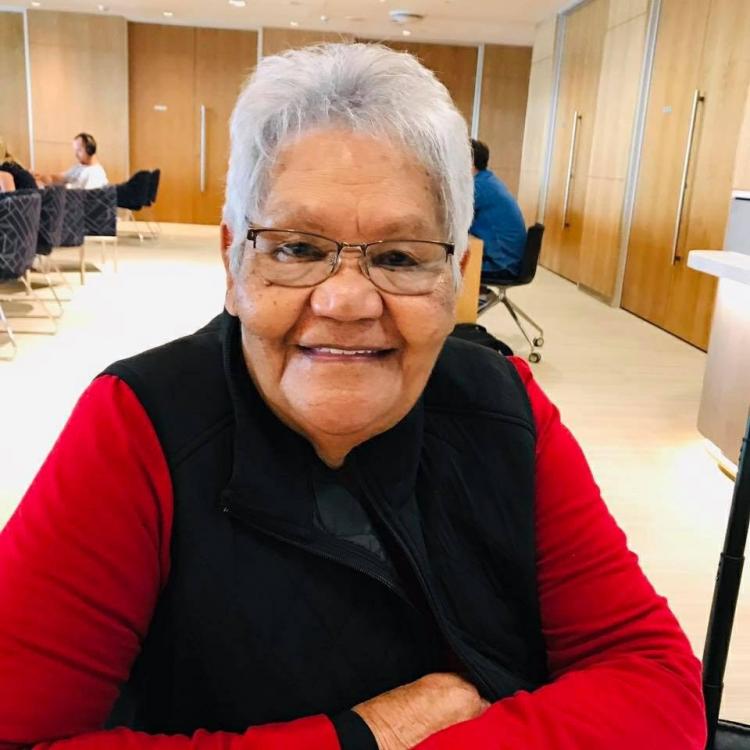About Marumali
How the Marumali Program® came to be
Lorraine Peeters, like many other Aboriginal and Torres Strait Islander children, suffered forcible removal from her family and was institutionalised at the age four. As is common with overwhelming trauma, some reactions can be delayed until later in life, when a ‘triggering event’ may unleash them, often with a devastating effect on them and those around them. In Lorraine’s case, the ‘triggering event' was a reunion with others raised in the same institution. Flooded with memories and emotions, she thought she was going insane.
Lorraine, aged in her fifties at the time, consulted a health professional who fortunately had some knowledge of this trauma, and was reassured that she was having normal human reactions to abnormal events. Once reassured she was experiencing normal human distress, Lorraine felt empowered to observe, study and seek to understand her own journey of healing in order to help others. This became her life’s work. Lorraine developed a unique healing model for dealing with the prolonged trauma associated with removal of children from their families and communities.
She presented the Marumali Journey of Healing Model, for the first time as an invited keynote address at the NSW Mental Health Conference held in Sydney on 1-3 September 1999. The support for her work was strong, instantaneous and unanimous and the conference called for Lorraine’s model of healing and body of work to be copyrighted, published and circulated within Aboriginal communities, Link-up organizations and Aboriginal Community Controlled Health Organisations, to enhance the healing process for Aboriginal people.
In response, Lorraine developed the Marumali Program® to train Aboriginal counsellors to support survivors to heal from the specific types of trauma they suffered as a result of removal.

